-
by Valerie Zink Jan 1, 2013 3 min read
-
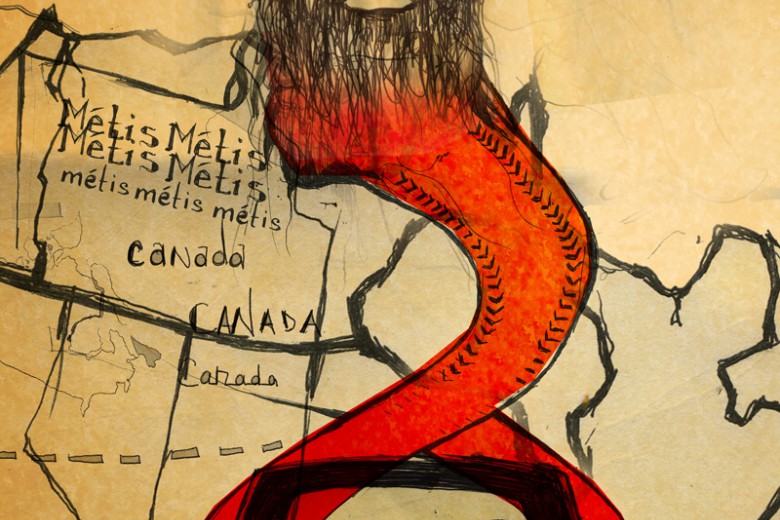
by Tara Gereaux Jan 1, 2013 10 min read
-
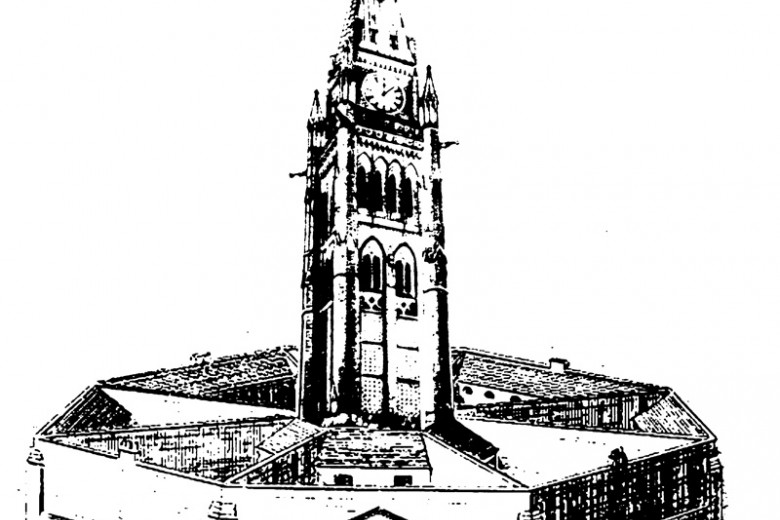
by Dave Oswald Mitchell Jan 1, 2013 9 min read
-
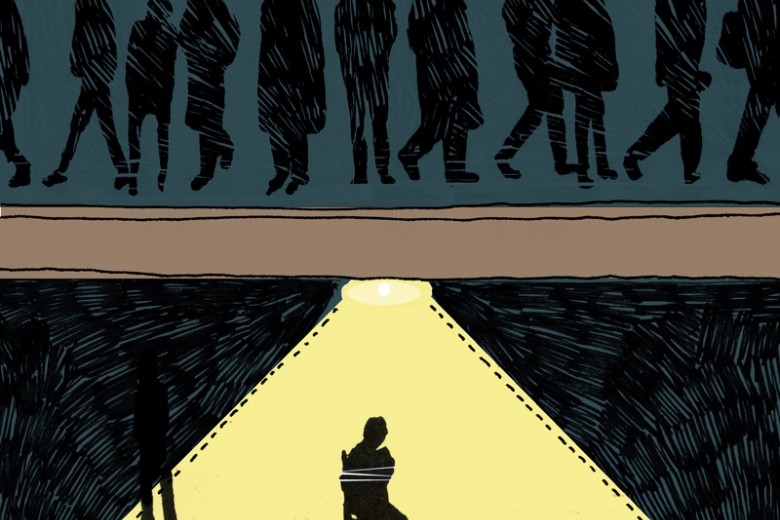
by Baijayanta Mukhopadhyay Jan 1, 2013 7 min read
-
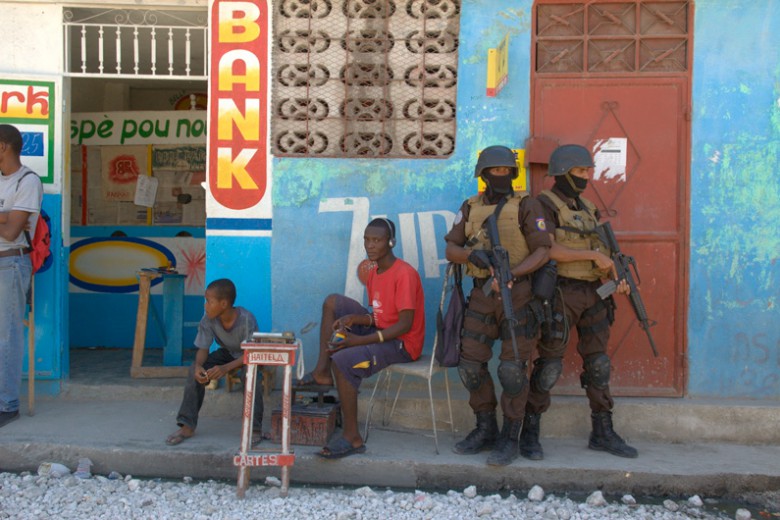
by Isabeau Doucet Jan 1, 2013 6 min read
-
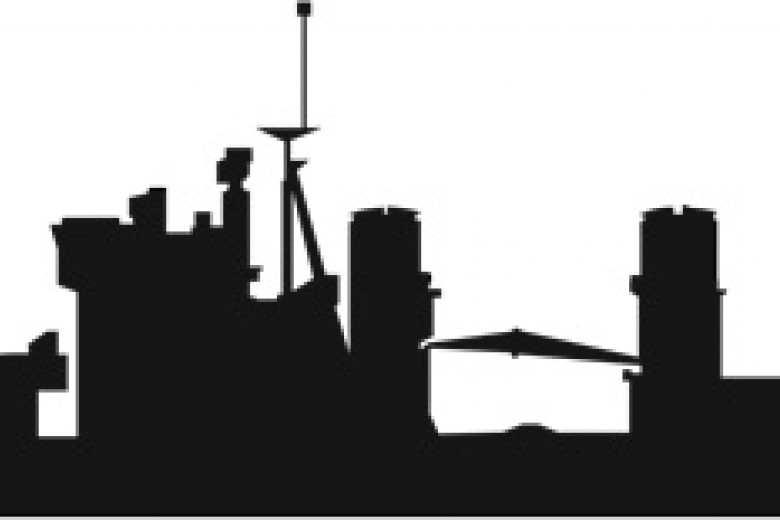
by Anthony Fenton Jan 1, 2013 3 min read
-
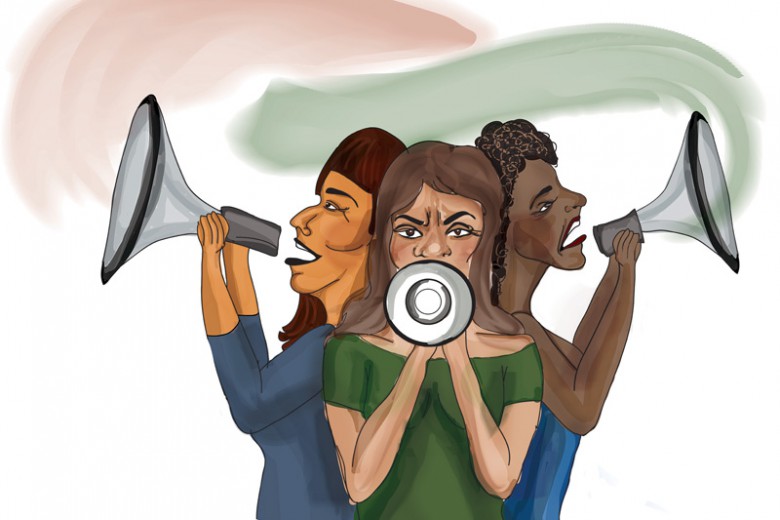
by Larissa Schneider Jan 1, 2013 2 min read
-
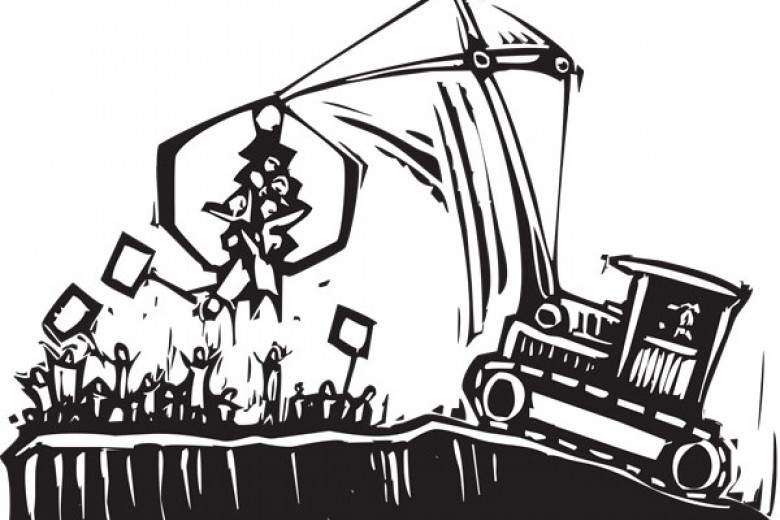
by Andrew Stevens Nov 3, 2012 8 min read
-
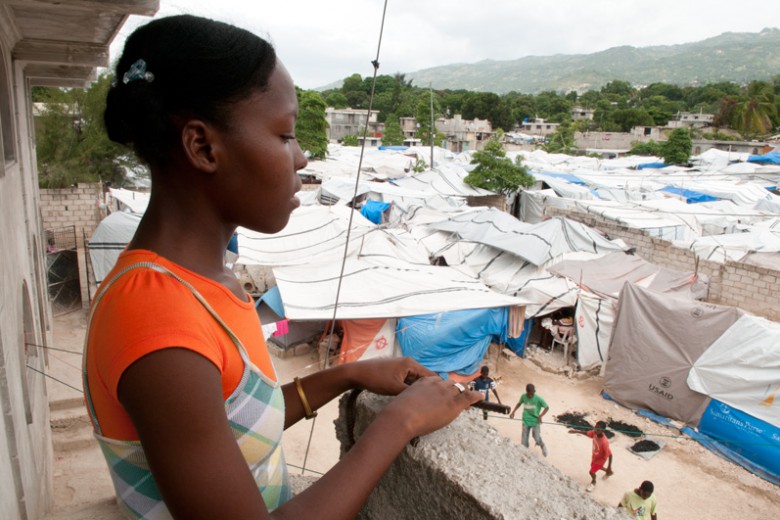
by Stefan Christoff Sep 1, 2012 7 min read
-
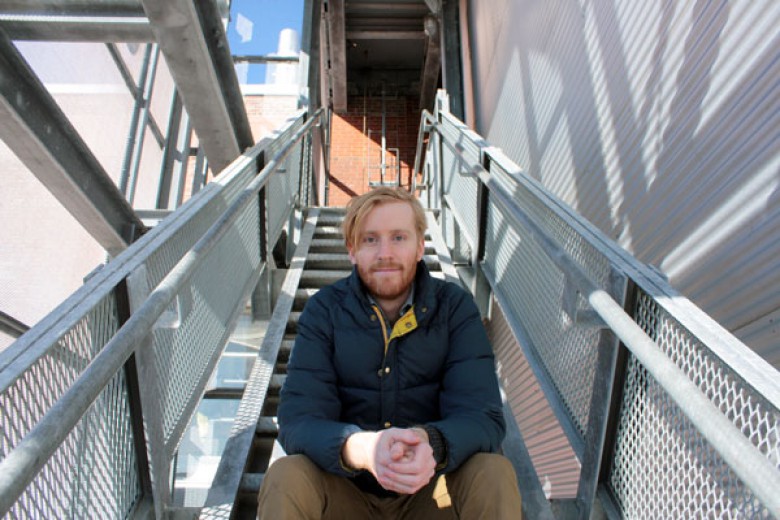
by Hilary Beaumont Jul 1, 2012 8 min read
-
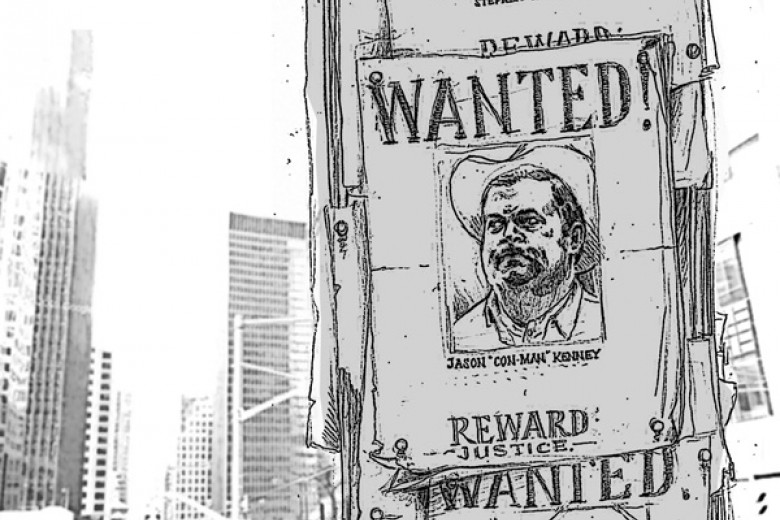
by Fathima Cader May 1, 2012 9 min read
-
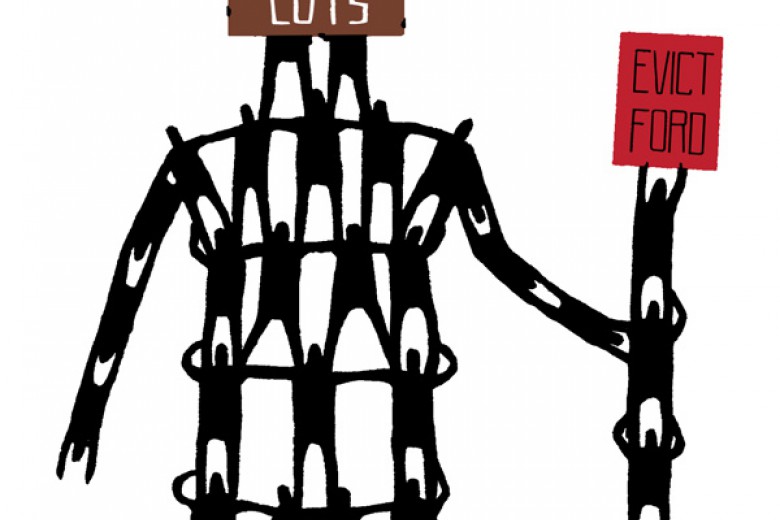
by Megan Hope May 1, 2012 12 min read
-
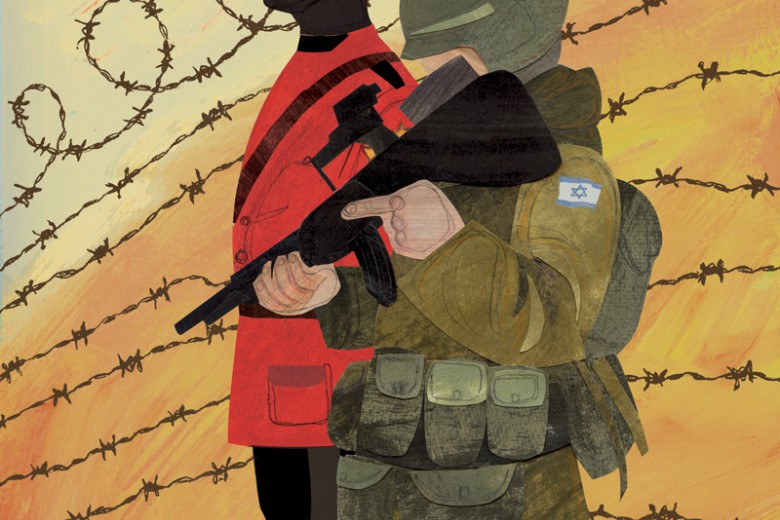
by Mike Krebs May 1, 2012 9 min read
-
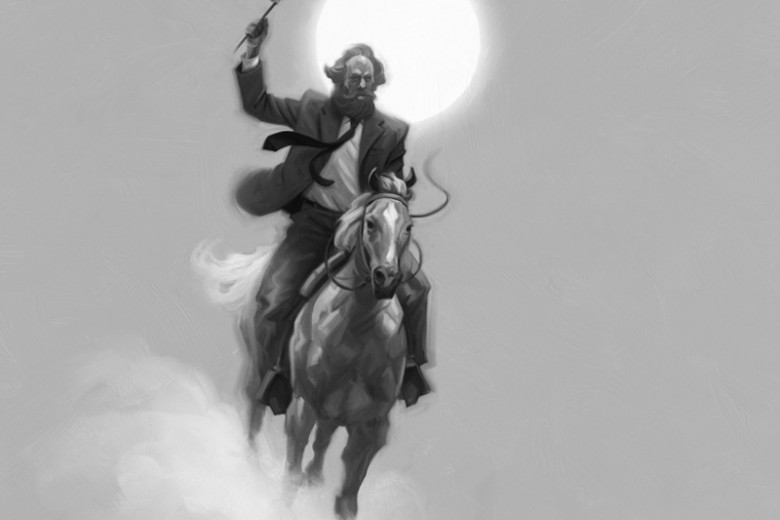
by Valerie Zink Feb 28, 2012 4 min read
-
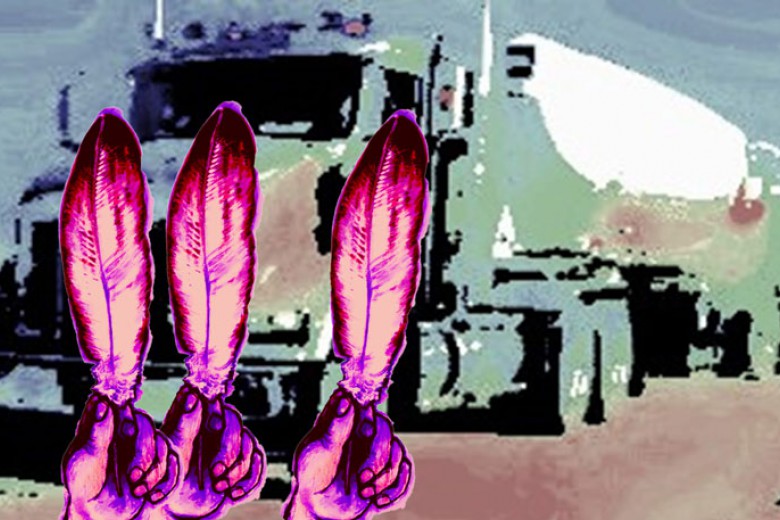
by Elle-Máijá Tailfeathers Feb 28, 2012 9 min read
-
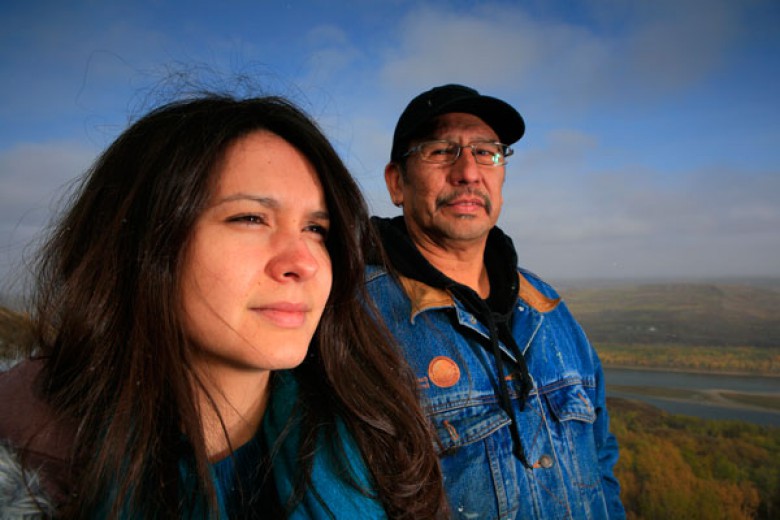
by Melina Laboucan-Massimo Feb 28, 2012 5 min read
-
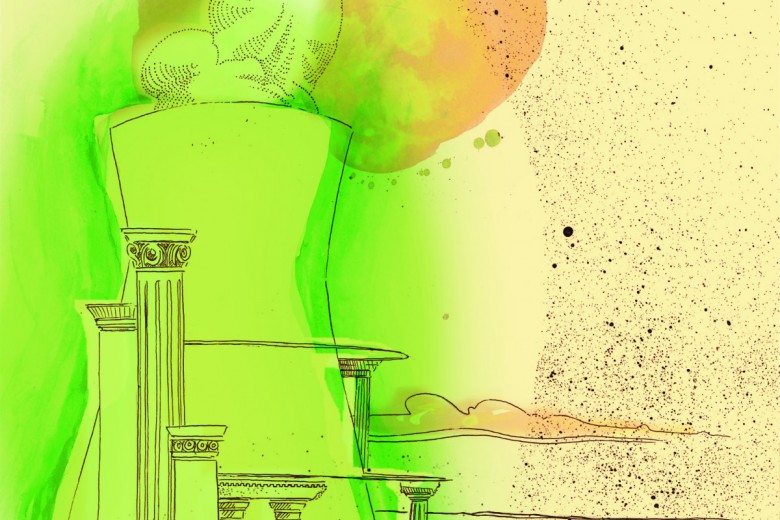
by D’Arcy Hande Feb 28, 2012 9 min read
-
_780_520_90_s_c1.jpg)
by Lorne Brown and Doug Taylor Feb 28, 2012 4 min read
-
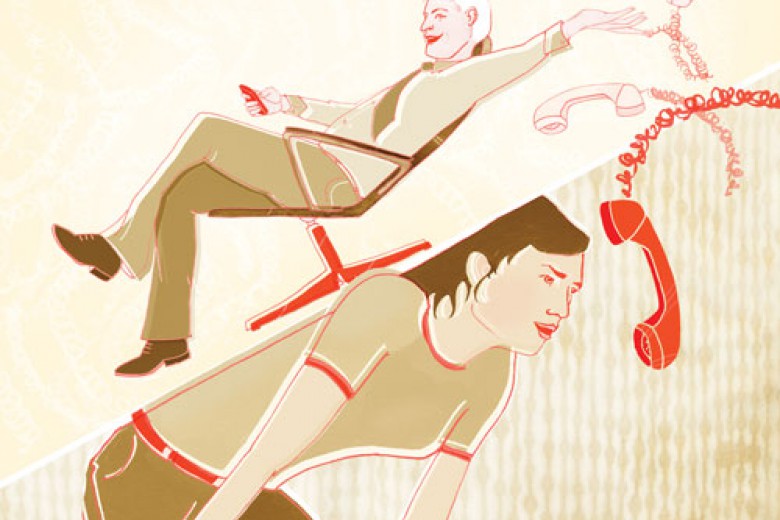
by Jane Kirby Jan 1, 2012 9 min read
-
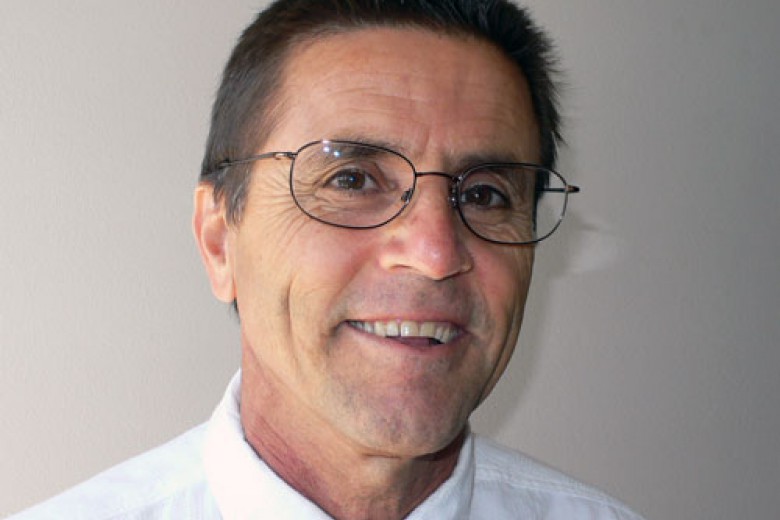
by Matthew Behrens Jan 1, 2012 9 min read
















_780_520_90_s_c1.jpg)




